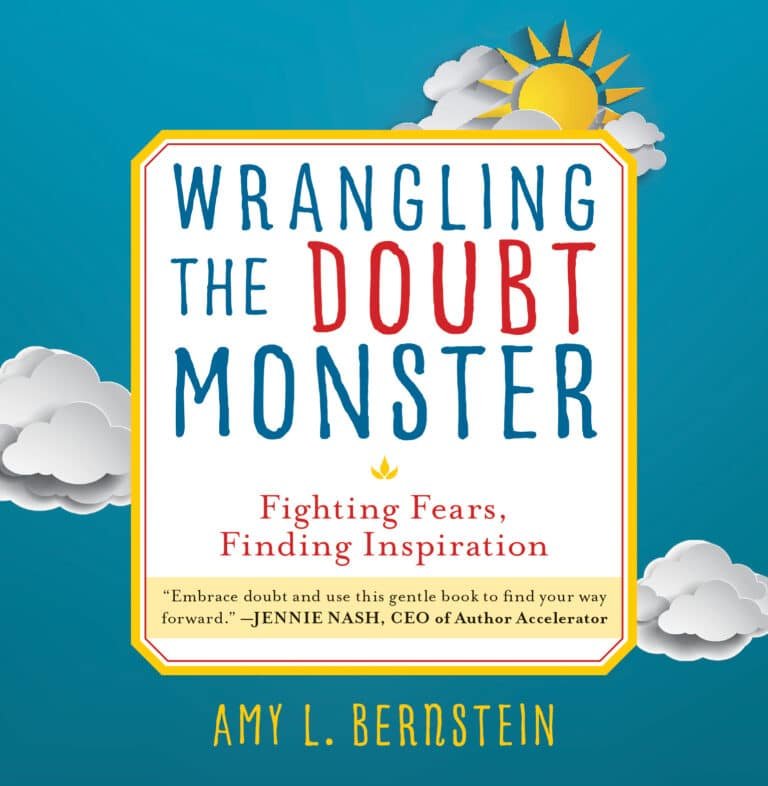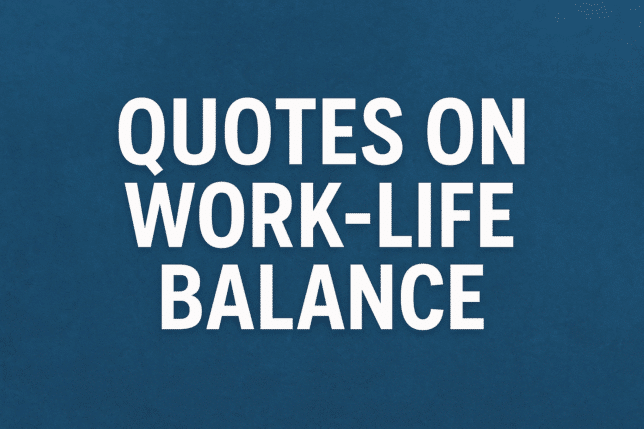In today’s rapidly evolving job market, personal and professional growth has never been more important. Investing in your career development is critical to not only securing a competitive edge but also to achieving long-term job satisfaction and unlocking potential career opportunities.
Whether it’s through continuing education, skill enhancement, or networking, the effort you put into your career progression can lead to significant dividends in the form of higher incomes, increased job security, and fulfilling work experiences.
This section of the document delves into the multifaceted benefits of investing in your career and provides actionable insights on how to navigate the path of career advancement.
Lifelong Learning and Adaptability
With the job market continuously evolving, the importance of lifelong learning cannot be overstated. It equips professionals with the skills necessary to adapt to changing technologies and industry standards. Professionals who embrace continuous learning demonstrate a commitment to excellence and remain valuable assets to their organizations.
Adaptability enhances one’s ability to pivot during economic downturns or industry shifts. By cultivating a diverse skill set and a flexible mindset, individuals can navigate career challenges more effectively, making themselves indispensable in an ever-changing job landscape.
Today, there are various online resources and courses available to help individuals invest in their education and stay current in their field. No matter if you opt for online programs from Miller-Motte College or a massive open online course from institutions like Coursera, the opportunities for continuous learning are endless. Plus, investing in education and staying relevant can lead to higher-paying positions and job stability.
Networking: Building Valuable Connections

Networking is a powerful tool for opening doors to new career opportunities. It allows professionals to connect with peers and industry leaders, potentially leading to mentorship, partnerships, or job prospects. Investing time in building a robust professional network can pay off by providing insights into emerging trends and job openings before they become public knowledge.
Strong connections can provide support and guidance through various stages of a career. Whether it’s seeking advice on a tough decision or getting references for a new position, the relationships built through networking can be a significant career asset. Attending industry events, joining professional organizations, and utilizing online networking platforms like LinkedIn are all effective ways to expand one’s network.
Additionally, networking provides opportunities for personal and professional growth. Engaging with diverse individuals can expose one to new perspectives, ideas, and ways of thinking. It also helps in developing essential communication and interpersonal skills that are crucial for career advancement.
Skill Enhancement: Staying Ahead of the Curve
Staying ahead of the curve is essential in maintaining a competitive edge in today’s job market. Skill enhancement involves pursuing additional certifications, training, or workshops that not only complement one’s existing expertise but also add new capabilities. This proactive approach shows employers a dedication to excellence and a drive for self-improvement.
In addition, keeping skills updated is crucial for career longevity. As industries evolve, the demand for new skills emerges.
By anticipating these changes and upskilling accordingly, professionals can ensure their relevance and avoid becoming obsolete, thus safeguarding their employment and upward mobility. It also opens doors to new job opportunities that may require specific skill sets.
Personal Branding: Establishing Your Market Value
Personal branding is about defining and communicating one’s unique value proposition to potential employers or clients. A strong personal brand can differentiate a professional in a crowded market, highlighting their strengths and the distinctive contributions they can make.
By carefully crafting and maintaining a personal brand across various platforms, professionals can attract career opportunities that align with their career goals and values.
Whether it’s through a professional blog, LinkedIn presence, or speaking engagements, effective personal branding is a strategic career investment. It helps professionals establish credibility, build a reputation, and expand their network, all of which can lead to career growth and advancement.
Not only does personal branding help in securing job opportunities, but it can also lead to increased recognition and respect within the industry.
Work-Life Harmony: Investing in Personal Well-being

Investing in career development isn’t solely about professional pursuits; it’s also about achieving a sustainable balance that supports personal well-being. Work-life harmony is critical to avoiding burnout, maintaining productivity, and nurturing creativity.
Embracing this balance can lead to a more satisfied and energized presence in both personal and professional realms.
When professionals manage their time and priorities effectively, they not only improve their quality of life but also enhance their performance at work. Employers value employees who can manage their responsibilities while taking care of their health and personal lives, which in turn contributes to a happier and more productive workplace.
Also, investing in personal well-being can prevent career stagnation. By maintaining good health and avoiding burnout, professionals can stay motivated and driven to achieve their career goals.
Financial Rewards: Maximizing Earning Potential
Investing in career development has a direct correlation with financial rewards. Continuous improvement and skill acquisition can lead to promotions, salary increases, and better job offers. In other words, the time and resources dedicated to professional growth often translate into financial gains.
Additionally, a well-developed career can provide a sense of financial security and independence. With a strong trajectory, professionals have better chances of navigating economic fluctuations and securing their financial future, affirming the importance of career investment not just for present success but for long-term stability.
Investing in personal finance can also contribute to career success. By understanding and managing money effectively, professionals can reduce financial stress and distractions, allowing them to focus on their career growth.
Conclusion
In conclusion, the investment in career development is an investment in oneself. By embracing lifelong learning, networking, skill enhancement, personal branding, work-life harmony, and financial management, professionals can carve a path of continual growth and success in their careers. It’s not merely a journey of climbing the corporate ladder but also a means to cultivate a fulfilling and well-rounded professional life.
Future-proofing one’s career through deliberate and strategic development steps is indispensable in today’s dynamic job market. Therein lies the power to not just survive but thrive in one’s chosen field, achieving both professional acclaim and personal satisfaction.
Shawn is a passionate coach who empowers individuals to achieve their goals and reach new heights of success. With his experience in the personal development industry, Shawn has guided countless people towards fulfilling their potential and achieving outstanding results in life. He has experience in the personal development industry for more than 7 years and has helped countless success seekers to achieve outstanding success in life. Learn more about him on Everydaypower.com or Goalcast.com

















